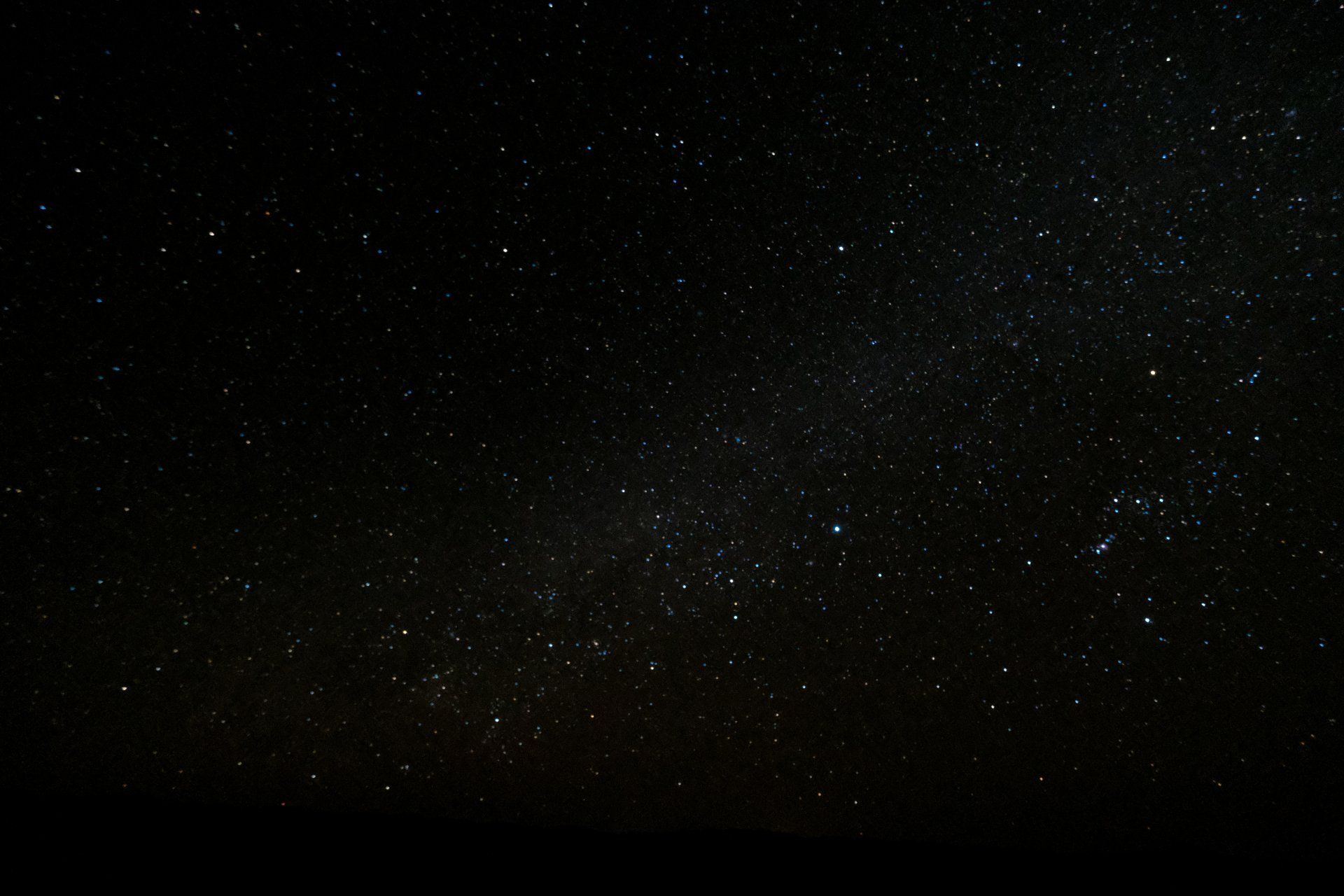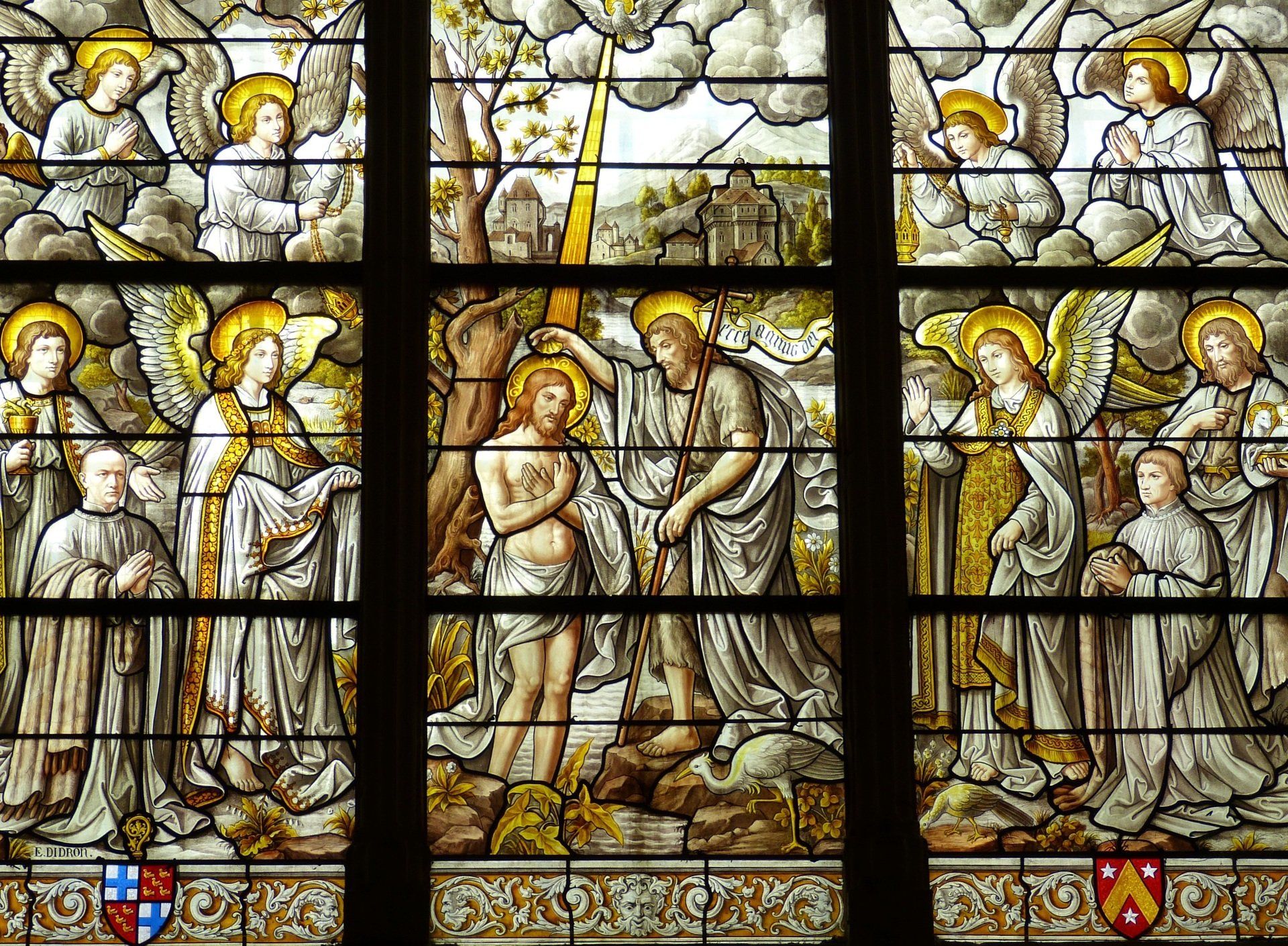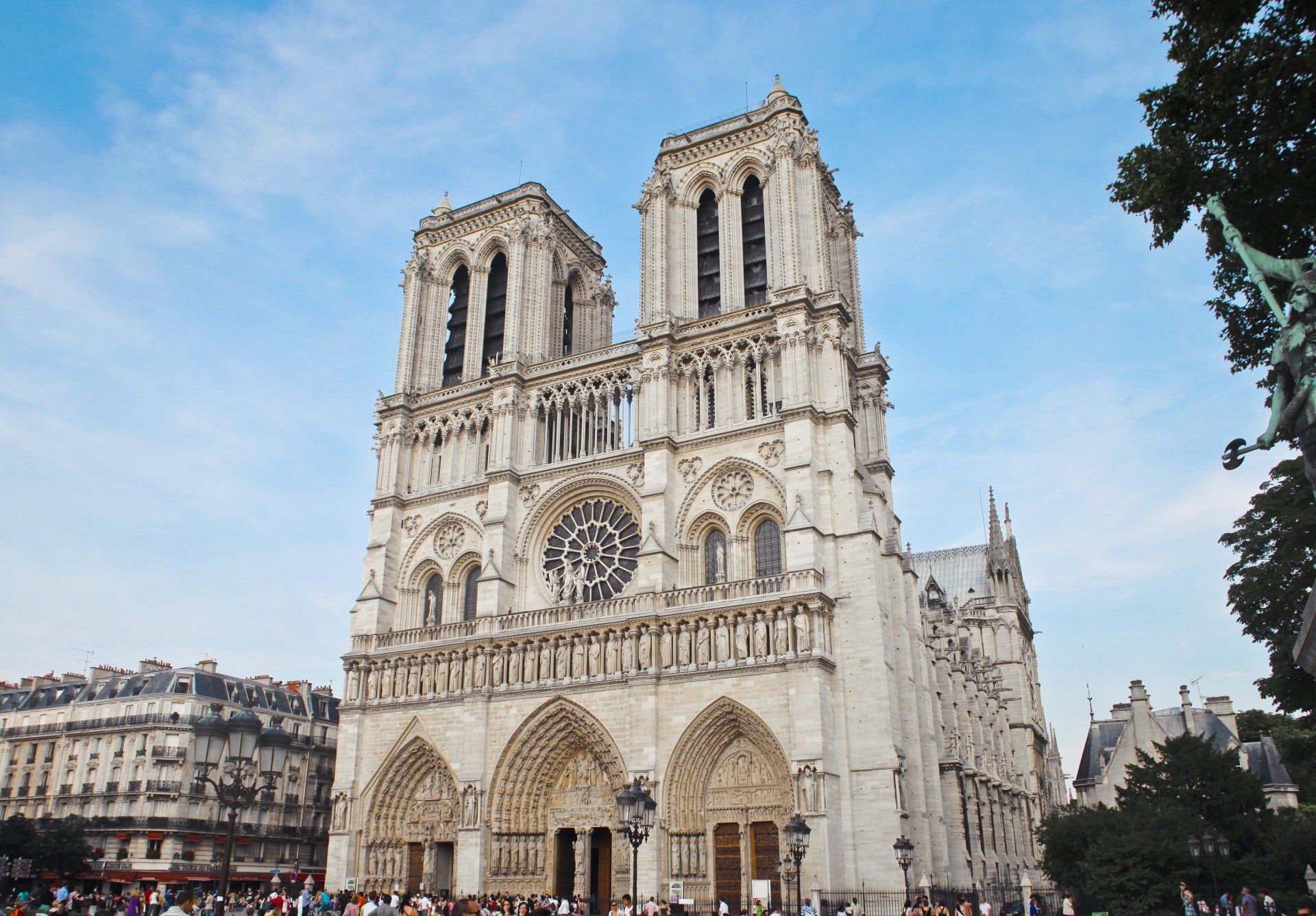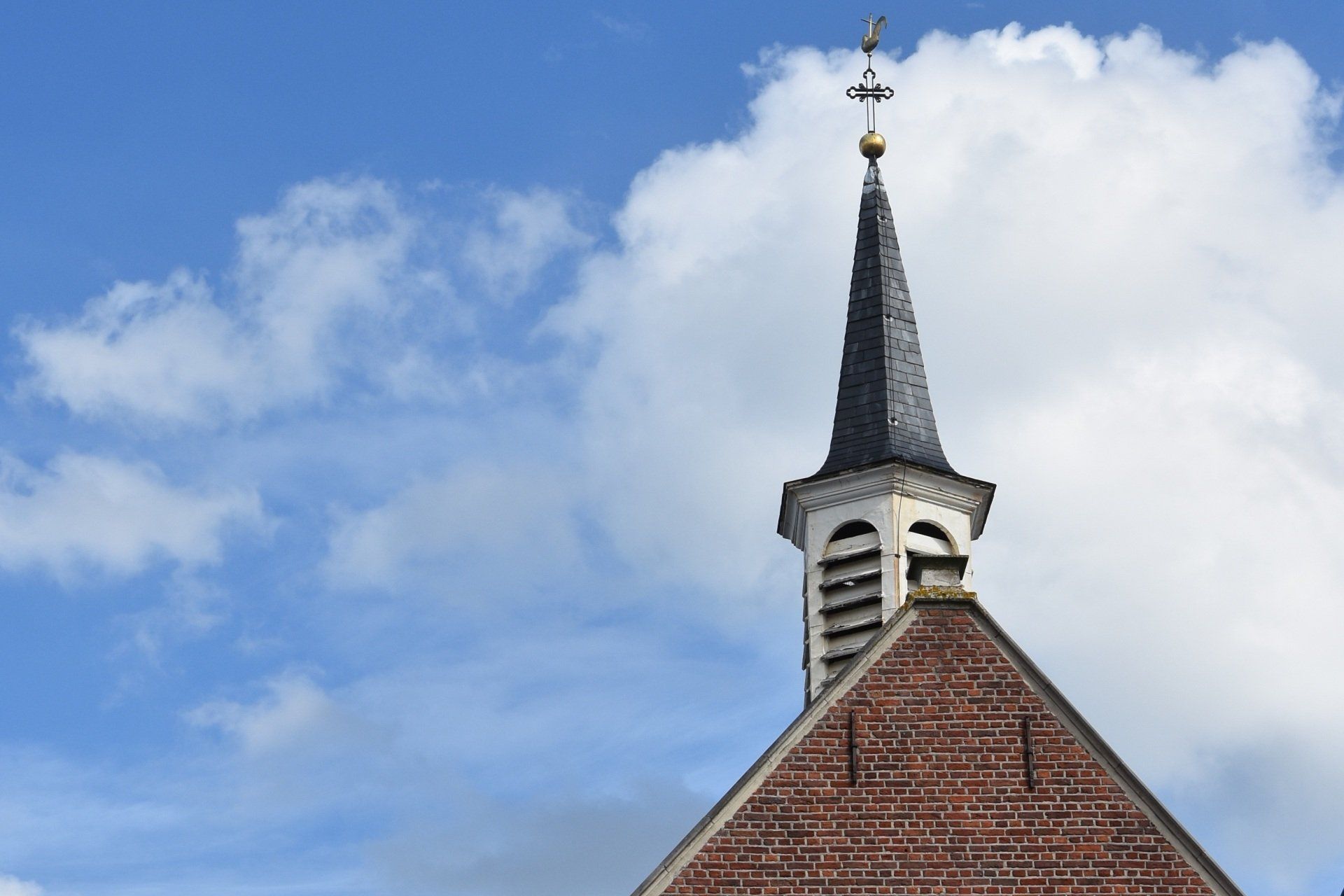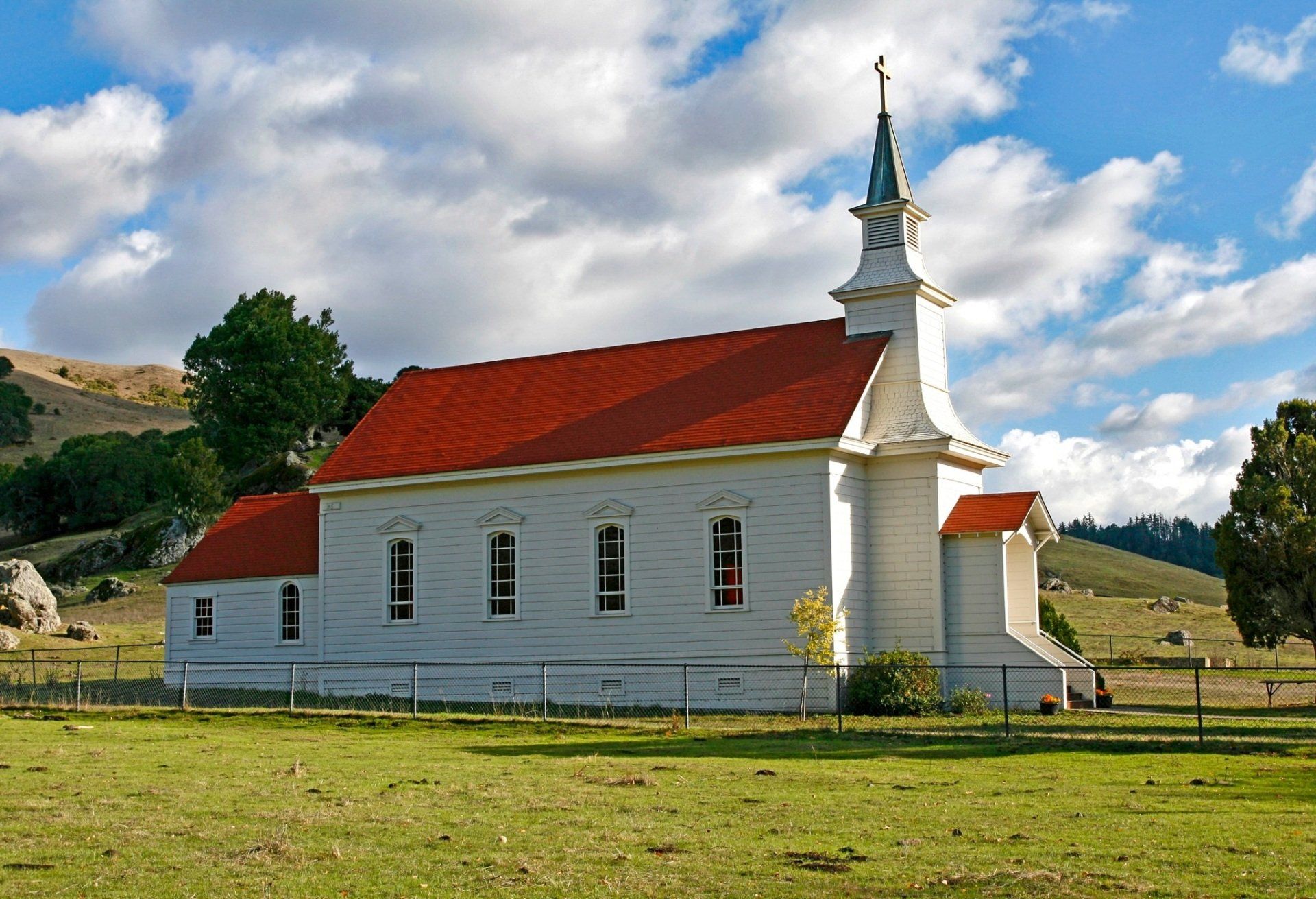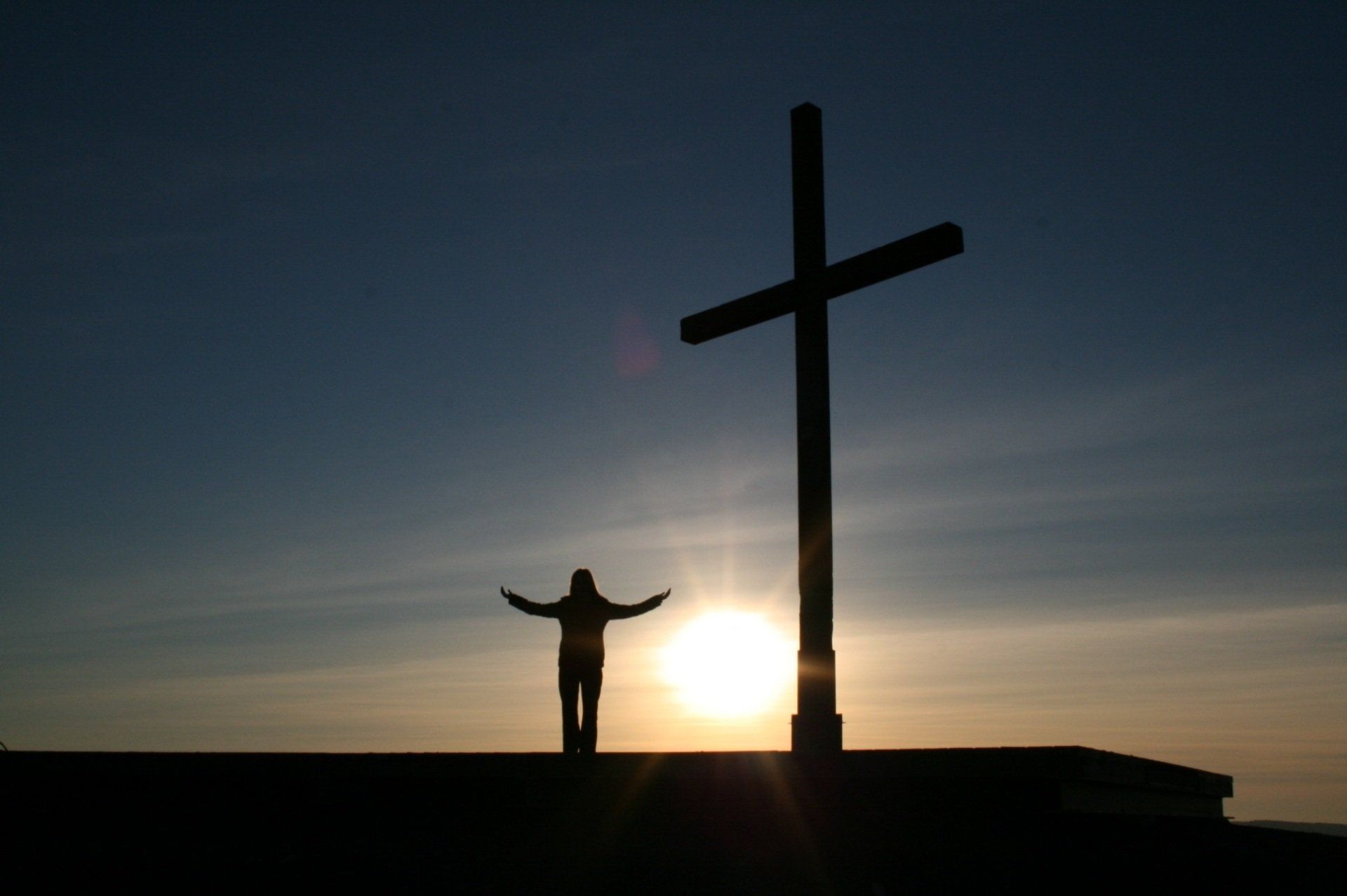Why I Changed My Mind About Christianity
Tom Holland talks about why he returned to the Christian faith.
Recently the great British historian, Tom Holland, gave a lecture entitled, “Why I Changed My Mind About Christianity.” Holland is the author of Dominion, a book that lays out the Christian creation of Western culture. I have a 12-part summary of the book which I link below.
Holland begins his lecture by talking about his growing up in a country steeped in Christian culture, the United Kingdom. His dad was an atheist but his mother was a Christian and his godmother was a devout Christian and his moral exemplar.
He enjoyed reading the Bible. Loved the excitement of OT stories. But he tended to side with the villains. He liked Goliath. He liked Pharaoh. They were glamourous and powerful, not like those scruffy Israelites. He liked the OT more than the NT but when reading the NT he found himself on the side of Pontius Pilate and the Romans. “I liked the big and powerful. The glamourous. Jesus and the apostles were not. The glamour the swagger and the charisma of the ancient world seduced me….When I chose my career as a historian I chose to write about the Greeks and Romans. I didn’t believe in Christianity anymore.”
But he says that as he studied the Romans and Greeks it became increasingly unsettling. When Caesar conquered Gaul it was a horrendous narrative. He killed a million and enslaved another million. The Romans did not consider this a crime but a great achievement. The Spartans built their society on the backs of slaves. He found this disturbing. The Nazis found in the Spartans their blueprint for the enslavement of eastern Europe. Children were inspected. If found wanting they would be liquidated. He began to ask himself, “Why do I find this unsettling?” Nobody in those ancient societies were bothered in the least by mass murder and brutality.
It wasn’t only in ethics and morals that he found a growing chasm between himself and the ancient world. It was also in the realm of ideas, their understanding of religion. There was no division between religion and the rest of life. I began to ask myself where the idea of religion come from? In the ancient world religion was a bond that joined you to the gods. It was a sacrifice, a festival, a set of rituals but it doesn’t mean what it means today. What changed? Christianity came along. Christianity was the first and only religion to separate religion and the state. Religion and the rest of life.
When Rome was sacked in 411 A.D. the pagans blamed it on the Christians for abandoning the old beliefs. This is when Augustine weighed in. There is the secular—a realm where things are born and doomed to die. The secular is where nothing is forever. The counterpoint is heaven where all is eternal. Christ provides the bond to the eternal. Christians come to understand that the secular and the religious operate in two dimensions. This is exactly how people in the modern west understand things but the ancients wouldn’t have understood. Our thinking about religion and life is totally Christian, even in the minds of people who claim not to be Christian or to believe in God or Christ.
So he began to think, how profound was the Christian revolution, not just in the West but everywhere. So he decided to write Dominion to gauge how total this revolution was. How totally changed was the West? How Christian does the West remain? He used the analogy that we are goldfish swimming in Christian waters. We don’t know how Christian we are. So Holland wanted to trace how we became this way.
As with so many personal conversion stories it wasn’t just an intellectual struggle. He was also informed by a powerful personal experience.
In 2014 he had written two or three chapters of Dominion when he went to Iraq with a BBC film crew to report on ISIS. He went to Sinjar, a city in northern Iraq which had been historically Christian. ISIS had conquered the city and had crucified many of the Christian men and enslaved the women. He went to Sinjar a few weeks after it had been recaptured by Iraq and it was in an appalling state. He went into churches that had been desecrated by ISIS and it became clear that what was really offensive to them was the cross. He said, “And as I stood there I realized the terrifying thought that the cross for these people did not have the significance it did for me or the society I had grown up in. For the Islamic state the cross symbolized their right to do whatever they wanted to people and I realized that this is what it had meant to the Romans. Their right to torture to death anyone who defied them.”
Holland says the horror of this opened up a great spiritual abyss. He came back to England and rewrote the introduction to Dominion to focus on the crucifixion. “That experience had sharpened for me the utter strangeness, the weirdness that the great marker of Christian identity was an instrument of torture.” Holland notes the early Christians felt the same way as well. Paul is haunted by the strangeness of the cross. The Son of God came to earth and suffered the most monstrous punishment the Roman Empire could inflict upon a person. It wasn’t just painful; it was public and humiliating. Paul admits in his letters that crucifixion was foolish and scandalous to his readers but that’s what he said the Messiah endured for our sakes. This fact caused anxiety among not just Paul but the early Christians across the Roman world. They knew that Christ had chosen this death but they simply could not depict it in their art. It’s not until four hundred years later that we begin to get art that shows Christ on the cross.
Holland became aware that Christians in the West have become anesthetized to Christ’s suffering on the cross. We are desensitized to what crucifixion meant. That’s why going to Sinjar was such a jolt.
Holland was asked, what is the most radical thing about Christianity. He said there are two things.
First, that all human beings have equal worth and value—the sanctity of life.
And second, the message of the cross is that it is better to suffer than inflict suffering.
“Christianity is a depth charge detonating under our assumptions, arguing that suffering, humility, and sacrifice are the pre-eminent values. This is what make Christianity utterly, utterly revolutionary.”
Christianity is the seedbed of everything that makes the West what it is. Then he says without it I worry about where we may end up. That’s an excellent topic for another video.
Tom Holland realized that in the warp and woof of his existence he was Christian. That realization brought him back to the Christian faith.
Thanks for listening. May the Christ of the cross bless you mightily this day.
More: For my synopsis of Dominion go here: https://www.youtube.com/playlist?list=PLkHlTST983SrRLzY-1quBpEsd46bog7jA
The Tom Holland Lecture and Q&A: https://www.youtube.com/watch?v=cDa4vpkNKeQ
Ayaan Hirsi Ali, an atheist who recently became a Christian, cites Tom Holland as an important influence in her conversion. Here is her story: https://www.youtube.com/watch?v=039-0HjWzso
Dominion is one of the most important books of our time. It can be found here: https://www.amazon.com/Dominion-Christian-Revolution-Remade-World-ebook/dp/B07NCY9RG9/ref=sr_1_1?crid=YKNJ1U2PZIVK&keywords=dominion+tom+holland&qid=1706381470&sprefix=dominion%2Caps%2C130&sr=8-1
This interview with N.T. Wright reveals much more about Tom Holland’s thinking: https://www.youtube.com/watch?v=nlf_ULB26cU&t=143s
I have a video that goes into detail on Holland’s treatment of the cross: https://www.youtube.com/watch?v=nYzA6Eh__xo




